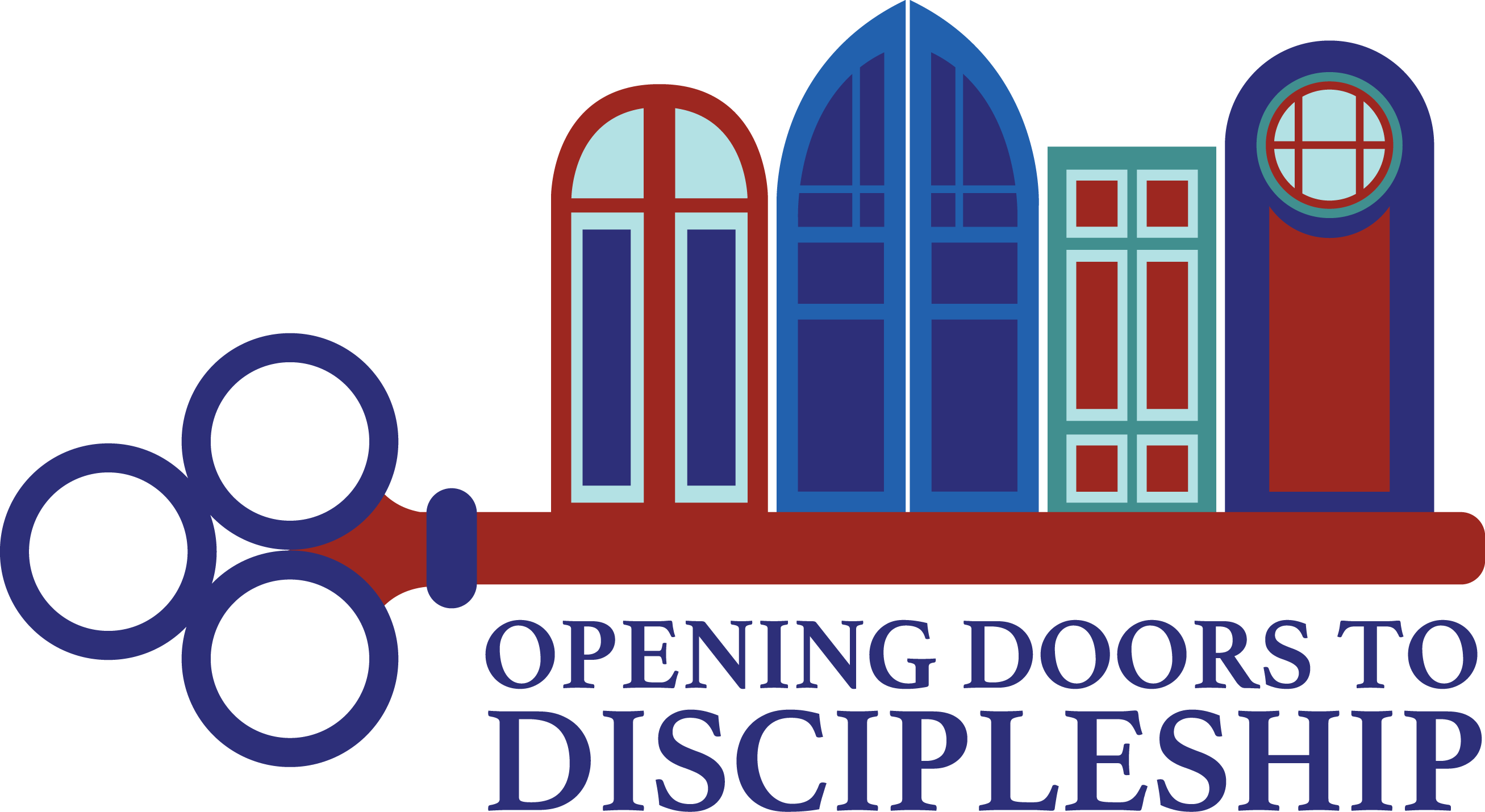Engaging this module
You are invited to explore this module by reading the content, watching the presentations and videos,
and responding to the suggested exercises and activities.
Equipping Others
An important role of a church educator is to train, equip, and develop others to lead in the area of faith formation. This module can be viewed as a Tool Kit to open and choose what pieces would be most helpful to you.
Don Griggs, in his book Called to Teach, reminds us that
“When persons are invited to serve as teachers or leaders it is important to help them understand this not just a matter of filling a vacant slot on a personnel chart. They are invited to participate in the ministry of the church. Ministry is giving oneself to serving others in the name of Jesus Christ. There are many aspects to ministry in every congregation and there is a need to staff all the leadership positions in a church so that its membership as well as the larger community will receive ministries of care, nurture, and advocacy.”
LEADER/TEACHER TRAINING
Developing and training volunteers is a necessity, not a luxury. By having an intentional, well-conceived plan for teacher/leader development in place, the mode of putting an emergency management plan in place can be avoided.
Join Sarah Bentley Allred as she offers Tips for Training Volunteer Leaders in Christian Faith Formation. The topics she explores include:
1. Be intentional about the invitation
2. Be open and honest about the commitment
3. Consider written job descriptions
4. Model preparation and organization
5. Respect your volunteers’ time
6. Focus on relationships
7. Make time for prayer
8. Share a vision
9. Content, content, content!
10. Consider the needs of volunteers
BEHAVIOR MANAGEMENT STRATEGIES
One of the most important, yet daunting parts of leading is how to manage the dynamics and behaviors of what happens in a classroom, retreat setting, or online gathering.
Watch an interactive discussion amongst three educators as they discuss best practices for creating and maintaining a positive learning environment.
Jenna Campbell, Amy Kyremes-Parkes, and Jimmy Steele answer the following questions: (Time stamps are found in parentheses.)
-
- Describe how you have adapted your ministry during the pandemic. (1:15)
- What has worked for you as far as behavior management strategies? (10:02)
- What hasn’t worked? (23.52)
- What are some guidelines or strategies for meeting online? (31:00)
- What age-specific factors does one need to keep in mind as you work with different age groups? i.e. children, youth, adults, persons who are persons or people with disabilities? (40:40)
- Are there any other tricks of the trade that you’d like to pass along? (50:45)

POLICIES, PRACTICES, AND PROCEDURES
“God intends for the church and its ministries to be a safe place for all to encounter God and grow into lives of service and fulfillment. We are called to be a holy community.” (Rev. Dr. J. Herbert Nelson, Stated Clerk for the General Assembly of PC(USA))
DIGITAL CHURCH / SOCIAL MEDIA POLICIES
DEALING WITH EMERGENCIES AND TIMES OF CRISIS

ACTIVITY
Take a few moments to reflect on all the different elements in this particular module.
- What elements affirmed something you are already doing to equip others?
- What new ideas would you like to implement?
-
- What resources will you need?
- Who will you invite to assist you?
- What are your expected outcomes as a result of trying this?
-
MAPPING A LIFELONG JOURNEY
We are disciples in training,
we’re learning from the master,
we’re on the road with Jesus,
wherever he may lead.
We are disciples in training,
We’re part of the adventure,
We’re on this road together,
Let’s see where it will lead!
-Bryan Moyer Suderman
“Disciples-in-Training”
